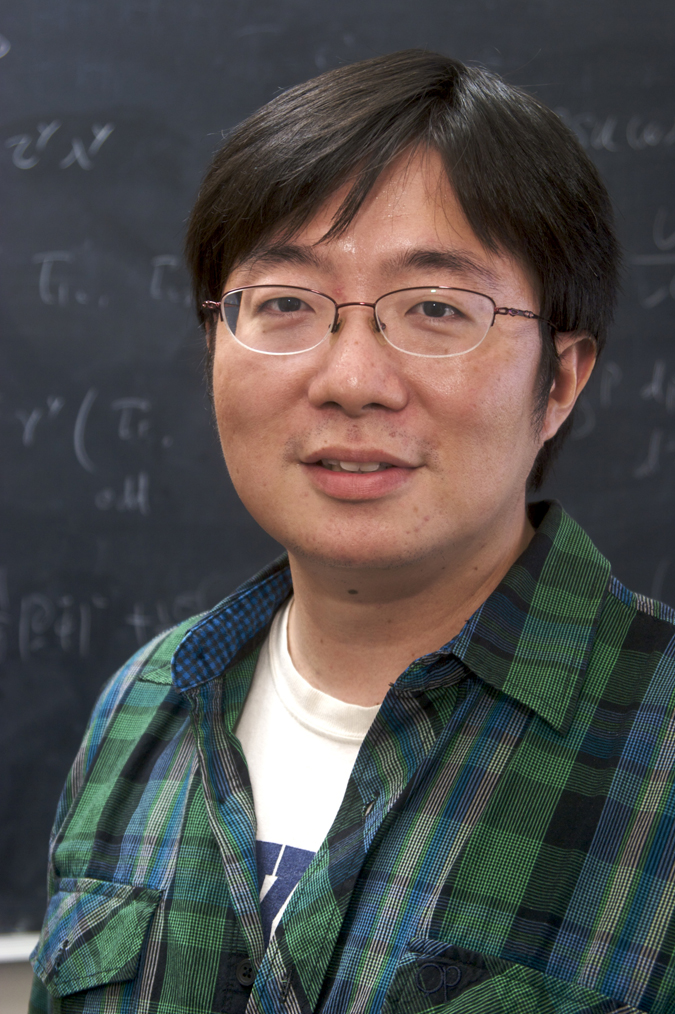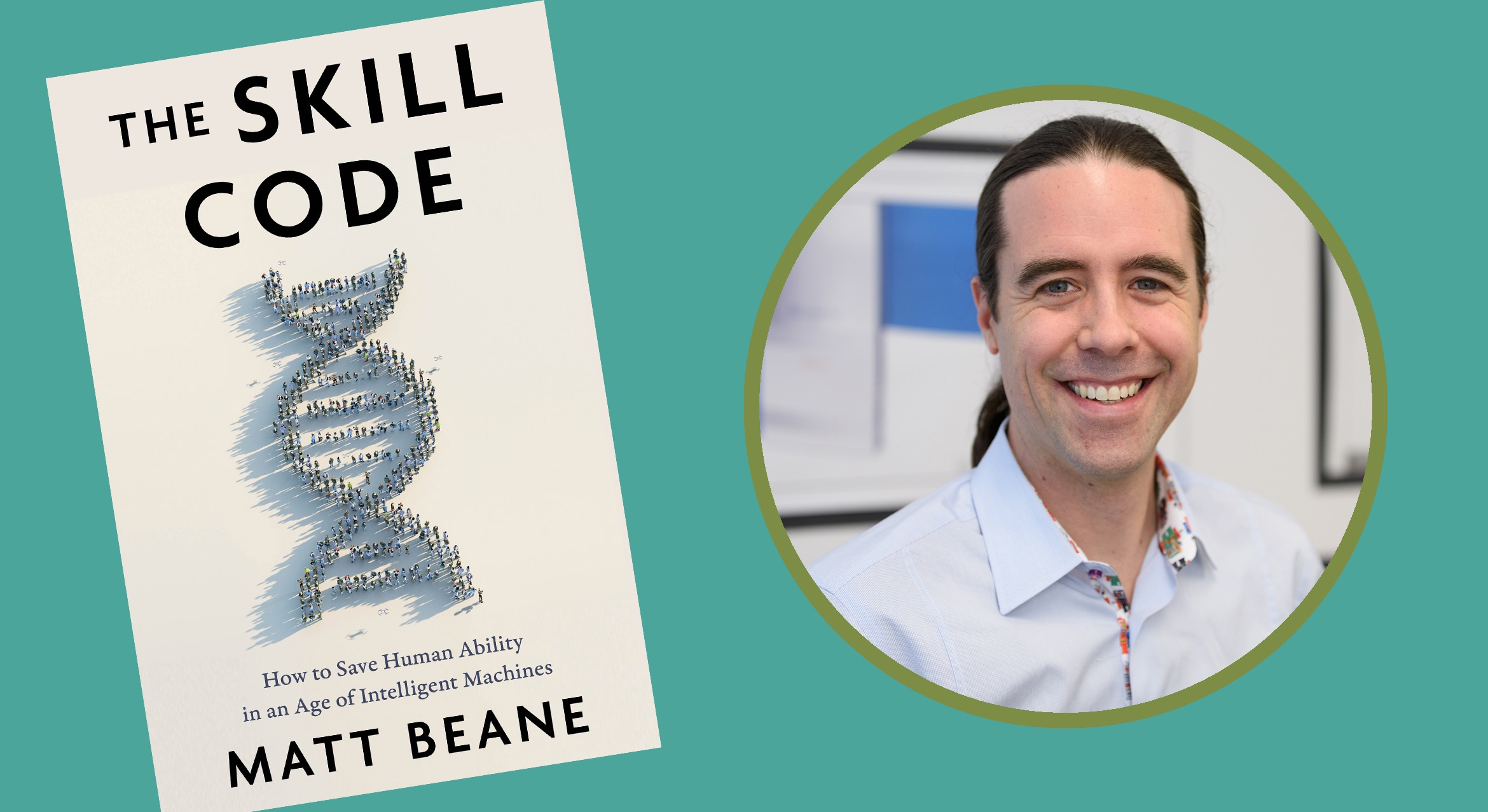
‘Full of Surprises’
Not long ago, condensed matter physicist Cenke Xu received one of those gifts every theorist lives for: the moment an idea gains major traction.
Over the last couple of years, condensed matter theorists (like Xu) and high energy theorists discovered a series of dualities between different critical phenomena. The event sparked both surprise and joy for both groups of physicists, though they thought the development was mainly of theoretical interest.
Later, however, a seemingly unrelated, striking experimental discovery was made in a series of classic strongly correlated systems that had already demonstrated temperature superconductivity along with many other novel phenomena.
“The new experiment shows that these systems continue to surprise us,” Xu said, of the “unexpectedly large so-called thermal Hall effect” that was observed. “Early this year it was realized that the previously developed elegant theoretical development of duality may help us understand this new experimental discovery. All of this was very exciting to us.”
More recently, Xu received another gift — one that will allow him to follow his curiosity, deploy his expertise and make connections that could build toward future discoveries. Along with 16 other scientists and researchers, he was named a Simons Foundation 2019 Simons Investigator in the area of mathematics and physical sciences.
The award, presented to “outstanding scientists in their most productive years, when they are establishing creative new research directions, providing leadership to the field and effectively mentoring junior scientists,” consists of $100,000 per year for five years, with an additional $10,000 per year to be awarded to the researcher’s department during that time.
“This award extends Cenke Xu’s long list of prestigious accolades and is a testament to his leadership in the field of condensed matter theory,” said Pierre Wiltzius, dean of mathematical, life and physical sciences at UC Santa Barbara. “His timely research on exotic states in quantum matter are an asset to this university and I congratulate him on this tremendous achievement.”
“I would like to thank UCSB for nominating me for this award, and thank my colleagues for all their help and support since I joined UCSB,” Xu said. He plans to use the award to increase support for the students in his research group and to help add another postdoctoral researcher to the campus’s condensed matter theory group.
A member of the physics faculty since 2010, Xu has contributed research on several topics in condensed matter physics, including quantum spin liquid states, quantum criticality, interacting topological insulators and and more generally topological physics, among others. Graphene-based systems utilizing the remarkable properties of the 2D carbon allotrope arranged in Moiré superlattice patterns also are of particular interest to the Xu group.
“Condensed matter physics is full of surprises,” said Xu, who has been the recipient of numerous awards, including the Packard Fellowship, the NSF CAREER award and a Sloan Research Fellowship. “It integrates mathematical elegance and experimental observations in the most intriguing way.” Currently the fastest growing area within physics, condensed matter physics ranges far and wide, intersecting disciplines such as chemistry and materials sciences while sharing roots with high-energy and nuclear physics.
It’s these serendipities — fueled by basic research, guided by expertise and boosted by inspiration — that lay the foundation for discoveries, innovations and even technological revolutions. “A hundred years ago relativity and quantum mechanics were basic research, but now every day we benefit from technologies that stemmed from that research back then,” Xu said.
According to the Simons Foundation, “Simons Investigators are outstanding theoretical scientists who receive a stable base of research support from the foundation, enabling them to undertake the long-term study of fundamental questions.”
“To me, basic research is about understanding the world or the universe,” Xu said. “Curiosity is a human nature and a very healthy one. Humans may seem insignificant in the universe, but we can indeed understand — at least to some extent — the universe and the rules that govern it. I think this is something that everyone should be proud of. Every time a discovery is made that deepens our understanding of our world, I view this as an accomplishment of the entire mankind.”



